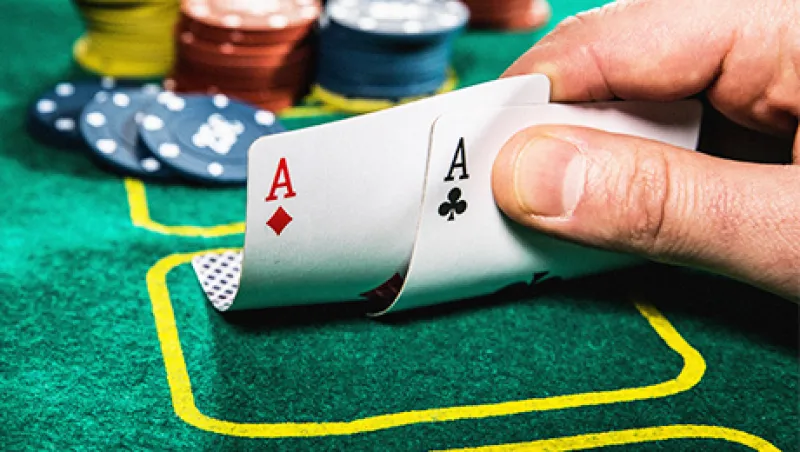
The Key to Saving Is Gambling. Seriously.
Why do we seem to gamble our most precious — and often our last — dollars for a small chance to win big?
Ashby Monk
April 21, 2017


